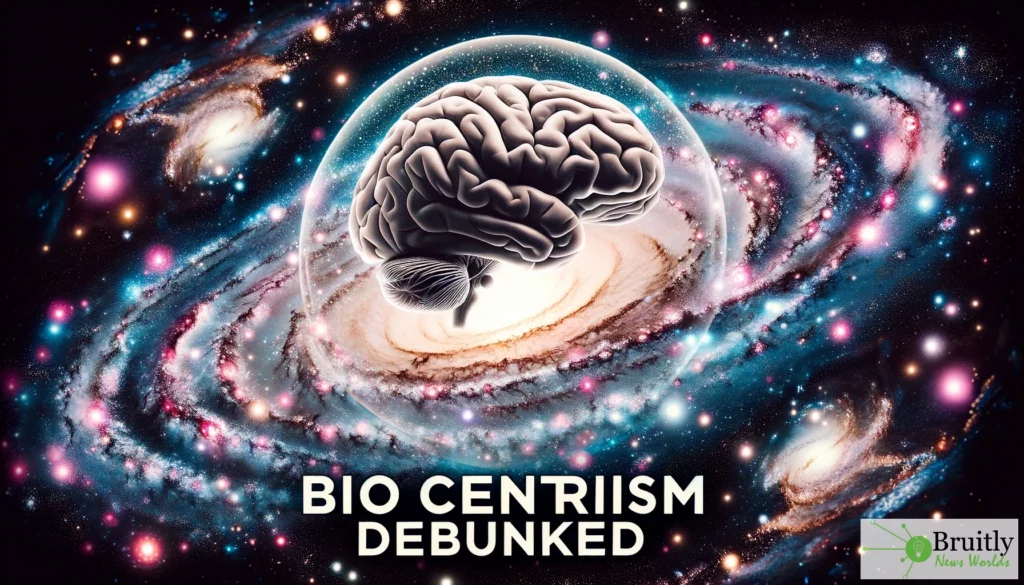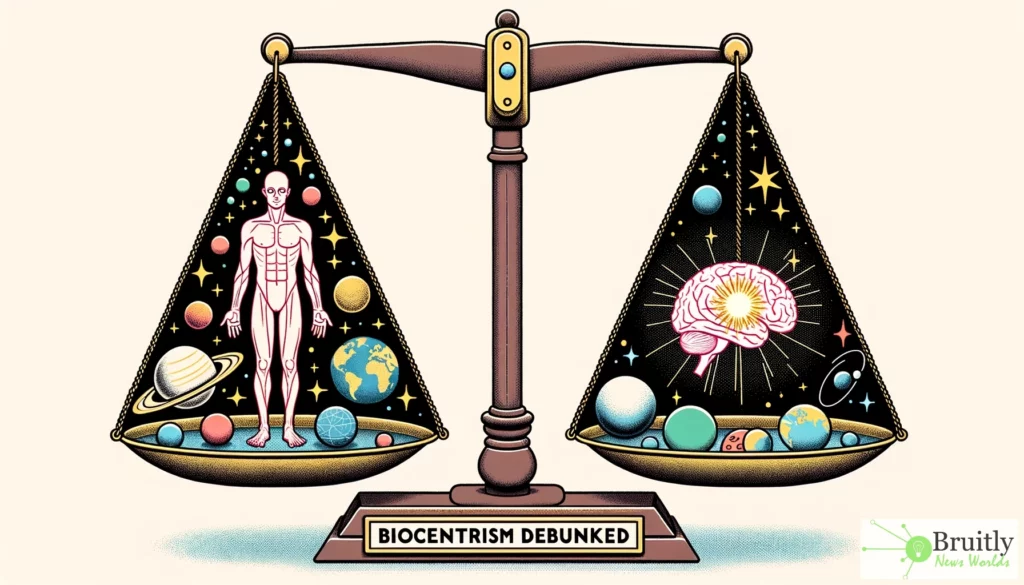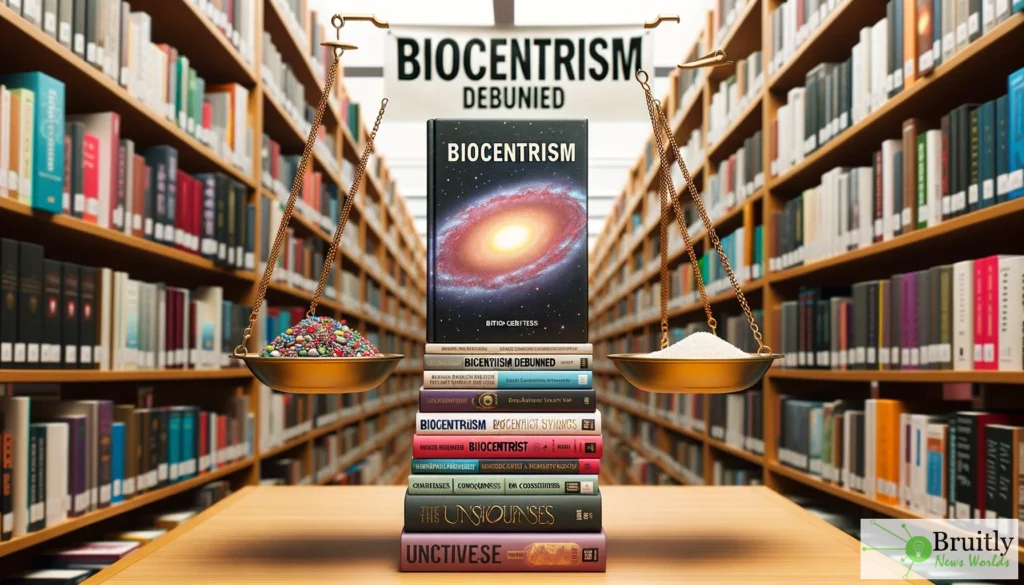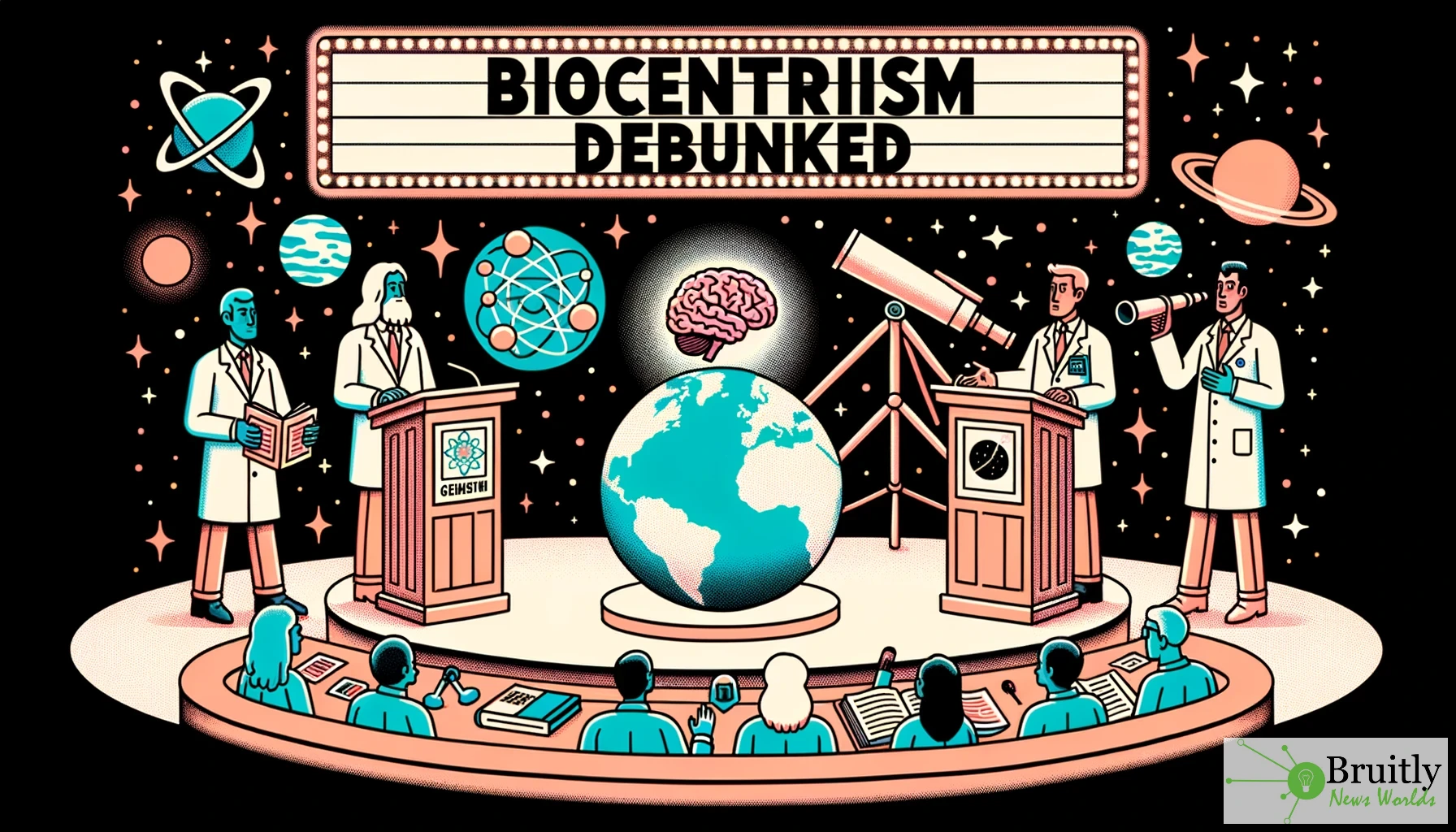Biocentrism Debunked: Why This Theory Doesn’t Hold Up Scientifically
- Biocentrism claims consciousness creates the universe and time/space are illusions, but lacks scientific evidence.
- The theory contradicts laws of physics and makes unsubstantiated claims about consciousness.
- As a pseudoscience, biocentrism fails to meet the criteria for a scientific theory.
Introduction to Biocentrism Debunked?

Proposed in 2007 by scientist Robert Lanza, biocentrism argues that life and consciousness are essential to understanding the nature of the universe. The main premise is that consciousness creates the material universe rather than the other way around. It asserts that space and time are just tools of perception, not external realities.
While thought-provoking, biocentrism lacks scientific rigor and validity. Critics point out numerous flaws that debunk biocentrism as a true scientific theory.
Why Biocentrism Fails as Science
For any claim to be considered good science, it must be falsifiable, make accurate predictions, and be supported by empirical evidence. Biocentrism falls short on all three counts.
Lack of Falsifiability
A key criterion of the scientific method is that a hypothesis must be falsifiable. This means it can be tested and proven false if observations contradict its predictions. Biocentrism cannot be falsified because it rejects the tools used to evaluate scientific claims.
No Predictive Capabilities
Scientific theories must have predictive power and explain observations accurately. Biocentrism offers no testable explanations better than existing physics models. It makes no new predictions that could verify its assertions.
No Empirical Evidence
There is simply no empirical evidence that consciousness can create or influence reality. Biocentrism relies on untestable thought experiments without experimental data. This contradicts the scientific method.

Biocentrism Contradicts Established Physics
Perhaps the main reason biocentrism is not scientifically viable is that it contradicts principles and evidence from established fields of physics.
Space and Time Are Not Illusions
Biocentrism claims space and time do not really exist. However, Einstein’s theory of relativity and countless experiments confirm that space and time are fundamental aspects of reality.
Consciousness Cannot Create Matter
Biocentrism proposes that consciousness is responsible for creating the physical world. This defies the law of conservation of energy, a cornerstone of physics stating matter and energy cannot be created or destroyed.
Quantum Mechanics Does Not Support Biocentrism’s Claims
Proponents of biocentrism argue it is supported by quantum mechanics. In reality, nothing in quantum theory suggests observer consciousness influences or creates reality.
Unsubstantiated Claims About Consciousness

Perhaps the shakiest pillar of biocentrism is its bold claims about consciousness. The nature of consciousness remains poorly understood by science. Suggesting consciousness is fundamental to material reality is totally unsupported.
Biocentrism Remains a Pseudoscience
While imaginative, biocentrism clearly fails as a scientific theory. It does not present testable hypotheses confirmed by physical evidence. At best, biocentrism offers an untested philosophical perspective, not a scientific description of reality.
The Danger of Pseudoscience
Why does debunking biocentrism matter? Pseudoscientific claims can be harmful in diverse ways:
- Spreading misinformation
- Undermining public trust in science
- Wasting resources on futile research
- Inspiring unwise life decisions
Distinguishing science from pseudoscience remains crucial for society.
Biocentrism’s Potential Ethical Implications
If biocentrism were true, it could influence ethical debates on:
- Environmental protection (all life is connected)
- Animal rights (all conscious beings have equal status)
- Abortion (when does consciousness emerge?)
- Death and the afterlife (consciousness continues after death)
However, basing ethics on unsound science can lead to negative consequences.
Evaluating Claims Related to Biocentrism
When assessing any claims related to biocentrism, ask yourself:
- Is the claim falsifiable and supported by empirical evidence?
- Does it contradict established scientific knowledge?
- Does it make unsubstantiated assumptions about consciousness?
If the answer to any of these questions is yes, the claim should be met with skepticism.
Conclusion
Biocentrism offers an imaginative but unscientific view of how consciousness relates to reality. The theory lacks evidence, contradicts physics, and makes questionable assumptions about consciousness. Biocentrism should not be considered a true scientific explanation for the nature of the universe.
FAQs
Q: What is biocentrism?
A: Biocentrism is a theory proposing that life creates the universe rather than the universe creating life. It claims time and space are tools of animal perception.
Q: Who came up with the biocentrism theory?
A: Biocentrism was proposed in 2007 by scientist Robert Lanza. He authored a book on the topic titled “Biocentrism: How Life and Consciousness are the Keys to Understanding the True Nature of the Universe.”
Q: Is biocentrism considered a real scientific theory?
A: No, biocentrism is considered a pseudoscientific theory since it does not meet the criteria of falsifiability, empirical evidence, and predictive power required of the scientific method.
Q: Does biocentrism have any scientific evidence to support it?
A: There is currently no scientific evidence to support biocentrism’s claims that consciousness creates reality or that space and time are illusions. It is not backed up by experimental data.
Q: Can biocentrism be proven false?
A: Biocentrism cannot be falsified by any empirical observations. Its claims are crafted in an unfalsifiable way, which places it outside the domain of science.



![Fanny Hensel Wiki [update 2022] Check True Facts Here](https://bruitly.com/wp-content/uploads/2021/11/Latest-News-Fanny-Hensel-Wiki-2.webp)



